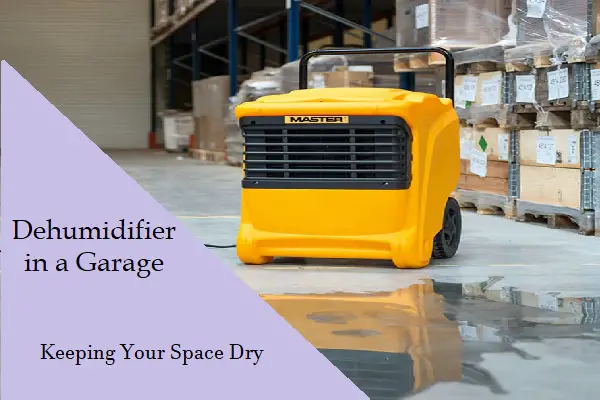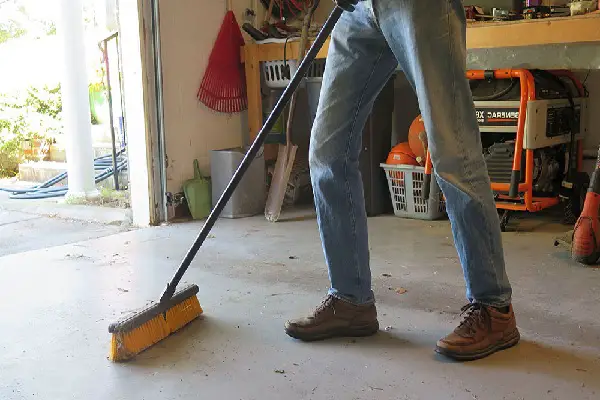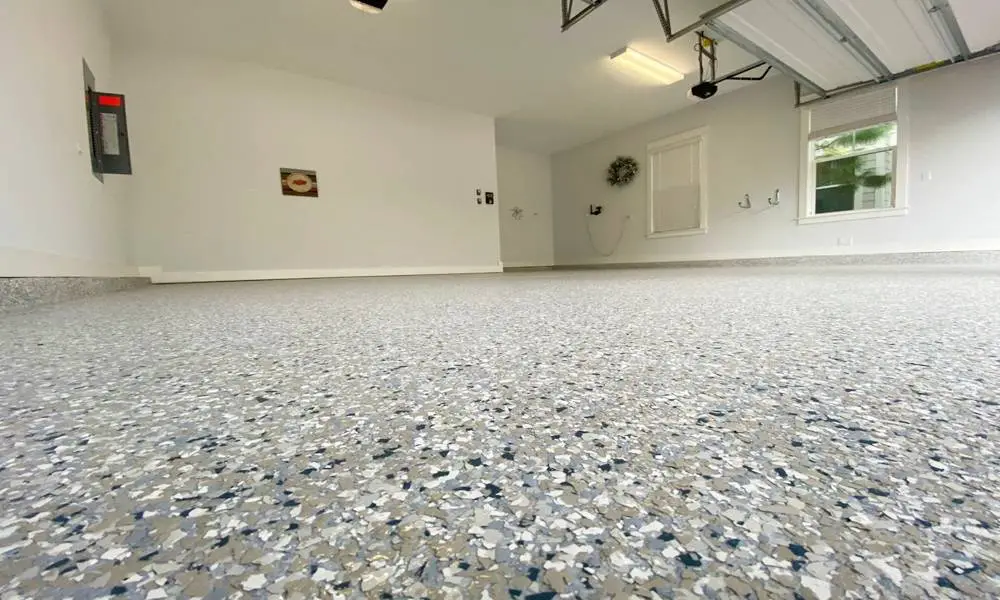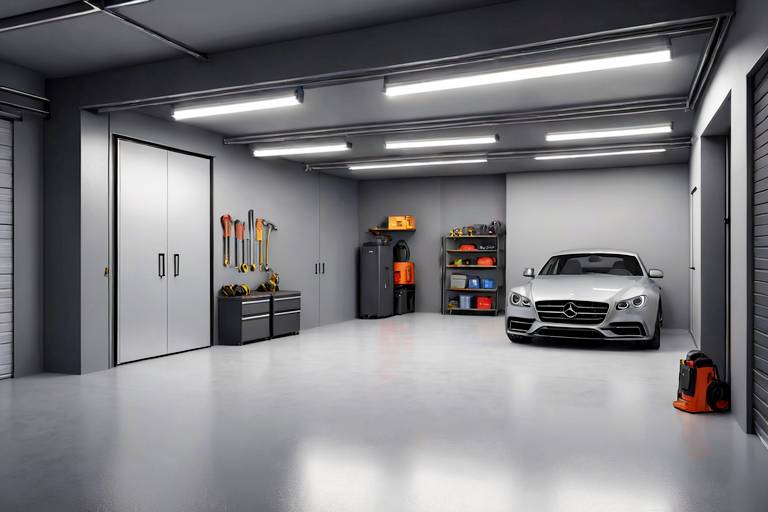Dehumidifier in a Garage: Keeping Your Space Dry
Dehumidifier in a Garage Are you tired of walking into your garage only to be hit with musty, damp air? […]

Dehumidifier in a Garage
Are you tired of walking into your garage only to be hit with musty, damp air? Are you worried about the effects of moisture on your stored items and the structural integrity of your garage?
Look no further than a dehumidifier. In this article, we will discuss the benefits of using a dehumidifier in a garage, the types of dehumidifiers available, how to choose the right one for your needs, and tips for using and maintaining your dehumidifier.
Why Use a Dehumidifier in Your Garage?

Eliminate Moisture-Related Problems
Moisture buildup in your garage can cause a variety of problems, including mold growth, wood rot, and rust on metal items. A dehumidifier will remove excess moisture from the air, preventing these issues from occurring.
Protect Stored Items
If you store items in your garage, such as furniture, clothing, or electronics, they are at risk of being damaged by moisture. A dehumidifier will help protect these items from mold, mildew, and rust.
Improve Air Quality
Excess moisture in the air can also lead to poor air quality, which can cause respiratory issues and aggravate allergies. Using a dehumidifier will help improve the overall air quality in your garage.
Types of Dehumidifiers
Refrigerant Dehumidifiers
Refrigerant dehumidifiers work by cooling the air and collecting moisture as it condenses. These types of dehumidifiers are best for use in warm environments with high humidity levels.
Desiccant Dehumidifiers
Desiccant dehumidifiers use a drying agent, such as silica gel, to absorb moisture from the air. These types of dehumidifiers are best for use in cooler environments with lower humidity levels.
Whole-House Dehumidifiers
If your garage is attached to your home, you may want to consider a whole-house dehumidifier that can be connected to your HVAC system. These types of dehumidifiers are best for larger spaces and can be more effective than portable units.
Choosing the Right Dehumidifier
Size
The size of the dehumidifier you need will depend on the size of your garage and the humidity levels in your area. A general rule of thumb is to choose a dehumidifier with a capacity of 30-50 pints per day for a typical two-car garage.
Drainage
Dehumidifiers collect water as they remove moisture from the air. You will need to choose a unit with a drainage system that works for your space. Options include manual drainage, gravity drainage, and pump drainage.
Energy Efficiency
Look for a dehumidifier with an Energy Star rating to ensure that it operates efficiently and does not significantly increase your energy bills.
Tips for Using and Maintaining Your Dehumidifier
Positioning
Place your dehumidifier in a central location in your garage, away from walls and furniture, to allow for proper air circulation.
Cleaning
Regularly clean the air filter and water collection bucket to ensure that your dehumidifier is operating at maximum efficiency.
Maintenance
Check and clean the coils and fan blades of your dehumidifier annually to prevent the buildup of dust and debris.
Conclusion
Using a dehumidifier in your garage is a simple and effective way to eliminate moisture-related problems, protect stored items, and improve air quality. When choosing a dehumidifier, consider the size, drainage, and energy efficiency of the unit.
With proper positioning, cleaning, and maintenance, your dehumidifier will keep your garage dry and comfortable for years to come. Don’t let excess moisture cause damage to your garage and belongings. Invest in a dehumidifier today.
Is it necessary to hire a professional to install an epoxy garage floor?
While it is possible to install an epoxy garage floor yourself, hiring a professional can ensure that the job is done correctly and with the right materials.
How long does an epoxy garage floor last?
With proper maintenance, an epoxy garage floor can last for 10-20 years or more.
Can an epoxy garage floor be repaired if it gets damaged?
Yes, minor damage to an epoxy garage floor can often be repaired with a simple patch. For more extensive damage, a professional may need to be called in to assess the situation.
Can epoxy garage floors be slippery when wet?
Epoxy garage floors can be slippery when wet, but the addition of slip-resistant additives can help to reduce this risk.
How long does it take to install an epoxy garage floor?
The installation time for an epoxy garage floor can vary depending on the size of the garage and the condition of the concrete. On average, it takes about 2-3 days for a professional to install an epoxy garage floor.







